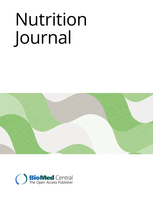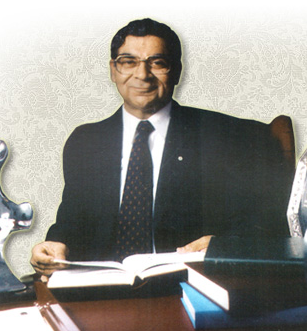A journal is retracting a paper that sought to validate genotyping techniques after learning the authors skipped a key step.
The authors scanned blood samples from 500 people who visited “the Blood Bank of our institution,” as they note in the abstract, to validate the use of genotyping techniques in the Saudi population. But the authors didn’t obtain the proper clearance from their institution, King Faisal Specialist Hospital, to publish the work.
Here’s the retraction notice for “Genotyping of CYP2C19 polymorphisms and its clinical validation in the ethnic Arab population:”
Continue reading Saudi institution didn’t clear genotyping study


 A plastic surgery journal has retracted a paper after a researcher claimed it contained three figures without his permission.
A plastic surgery journal has retracted a paper after a researcher claimed it contained three figures without his permission.

 A material science journal has retracted a paper after discovering that the first author faked email addresses for co-authors to submit the paper without their permission.
A material science journal has retracted a paper after discovering that the first author faked email addresses for co-authors to submit the paper without their permission.


 As
As